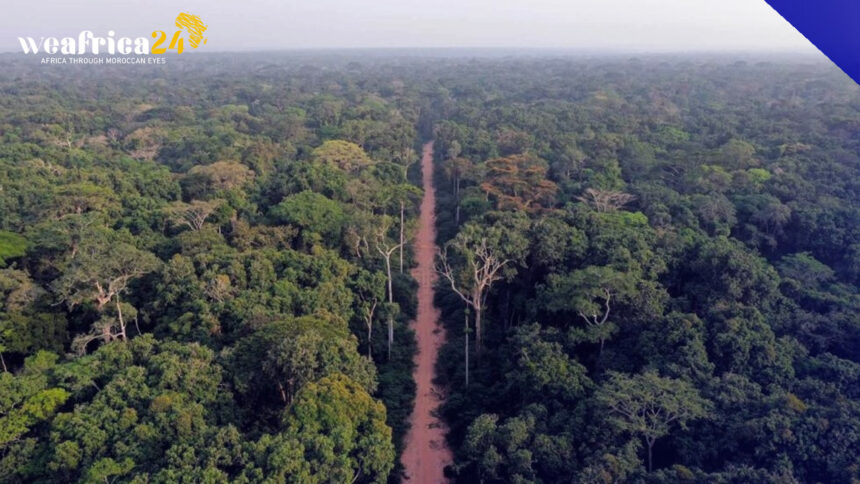What role do carbon credits play in Africa’s financing of green transition and development? The African Climate Summit held in Nairobi until Wednesday appears to endorse this path.
The African Carbon Markets Initiative, led by the Rockefeller Foundation, has recently secured a commitment of $450 million from a UAE climate fund. However, Africa has a long way to go in this regard.
Ghana, for instance, had hoped for a functioning carbon market to finance initiatives such as banning incandescent lamps or replacing fuel-based power plants with gas-based ones.
“Almost everything we have done has not been recognized. We believe that a country like Ghana must benefit from carbon credits,” says Kwaku Afriyie, the Ghanaian Minister of Environment.
African carbon credits, purchased by foreign companies or governments, have minimal weight, amounting to $120 million when the potential could be as high as $50 billion. John Kerry, the U.S. Special Presidential Envoy for Climate, argues that a scale change is needed. “We believe Africa will benefit, and countries in the Global South will only benefit if the carbon market grows. To achieve this, we need to ensure the integrity of these markets,” he emphasizes.
The Need for Regulation
Recent reports of overvalued African carbon credits that do not contribute to emissions reduction have made buyers wary. Regulation is essential, and Rwanda is setting an example, according to its Minister of Environment, Jeanne d’Arc Mujawamariya. “Rwanda has implemented a stringent carbon credit registry and a procedures manual,” she assures.
Endorsement from international stock exchanges could also provide reassurance. The Intercontinental Exchange is about to introduce auctions for African carbon credits.







